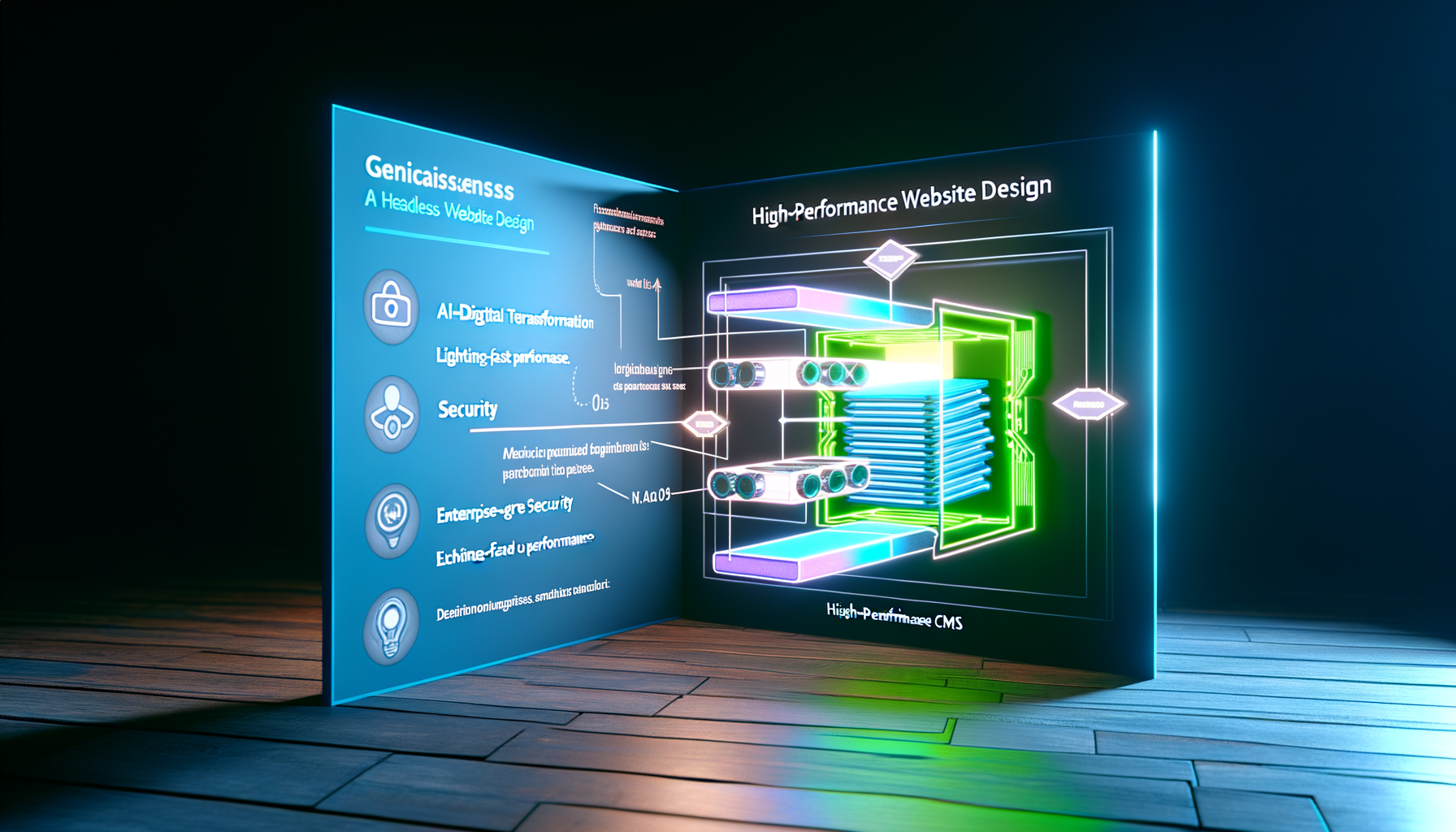In today's digital age, where a single second delay can slash conversion rates by 7%, ensuring your website is lightning-fast is non-negotiable. From sub-second load times to AI-driven personalization, modern website design is the cornerstone of a resilient digital strategy. Dive in as we explore top trends, actionable insights, and future-proof strategies to elevate your web presence.
Understanding Modern Website Design

Team collaborating on website design with diverse screens.
Modern website design is more than aesthetics. It's about creating an engaging, efficient, and accessible user experience. With the rise of AI and headless CMS, architects of digital experiences must think beyond static design and embrace dynamic, interactive strategies.
The shift towards responsive web design ensures optimal viewing across devices. This adaptability is crucial as mobile internet usage surpasses desktop, underscoring the need for designs that fluidly adjust to varying screen sizes.
At Quicklook, we integrate cutting-edge tech to ensure your website not only meets but exceeds user expectations, aligning with your business goals.
LIST
- •Responsive design
- •AI integration
- •Static to dynamic shift
The Science Behind Sub-Second Load Times

Website load time optimization diagram.
A fast-loading website is no longer a luxury but a necessity. Studies show that a 100ms delay can impact conversion rates by 7%. For companies, this translates to tangible financial losses.
To achieve sub-second load times, leverage techniques such as compressing images, leveraging browser caching, and utilizing a content delivery network (CDN).
Our team at Quicklook employs these strategies and more, ensuring your website not only loads faster but also ranks higher in search engines, enhancing visibility and driving growth.
CALLOUT
100ms delay = 7% lower conversion.
SEO Optimization: Beyond the Basics

SEO strategy meeting with digital tools.
SEO is the backbone of online visibility. While traditional SEO tactics remain relevant, modern strategies involve understanding user intent, optimizing for voice search, and incorporating AI-driven insights.
Quicklook utilizes advanced algorithms to analyze traffic patterns and user engagement, refining your SEO strategy to outperform competitors.
By focusing on semantic search and structured data, we ensure your content is not only found but also resonates with your target audience.
LIST
- •User intent analysis
- •Voice search optimization
- •AI-driven insights
Harnessing Headless CMS & Progressive Web Apps

Diagram explaining headless CMS architecture.
Headless CMS separates the frontend from the backend, providing unparalleled flexibility and scalability. This architecture is pivotal for businesses seeking adaptive digital solutions.
Progressive Web Apps (PWAs) offer the best of both web and mobile apps, providing a seamless, app-like experience directly in the browser.
Quicklook specializes in implementing these technologies, ensuring your digital assets are as agile as your business strategy demands.
QUOTE
PWAs are the future of app experiences.
AI-Driven Personalization & Accessibility

AI-powered personalization interface mockup.
Personalization is key to user engagement. AI-driven personalization tailors experiences in real-time, enhancing user satisfaction and retention.
Accessibility-first design ensures inclusivity, broadening your audience reach and complying with legal standards.
At Quicklook, we integrate AI to deliver personalized, accessible web experiences that align with your brand ethos and customer expectations.
CALLOUT
AI + Accessibility = Inclusive Engagement
Frequently Asked Questions
QWhat are the top web design trends for 2025?
QHow can AI enhance website personalization in modern design?
QWhy is accessibility important in high-performance website design?
Conclusion
Modern website design is a blend of speed, personalization, and accessibility. By leveraging cutting-edge technologies, your digital presence can be both engaging and efficient.
Future Vision
As we move into the future, adaptability and innovation in web design will define market leaders.
Schedule your AI audit with Quicklook.
